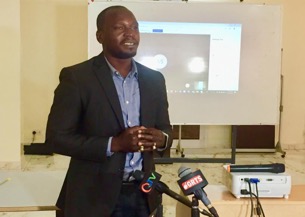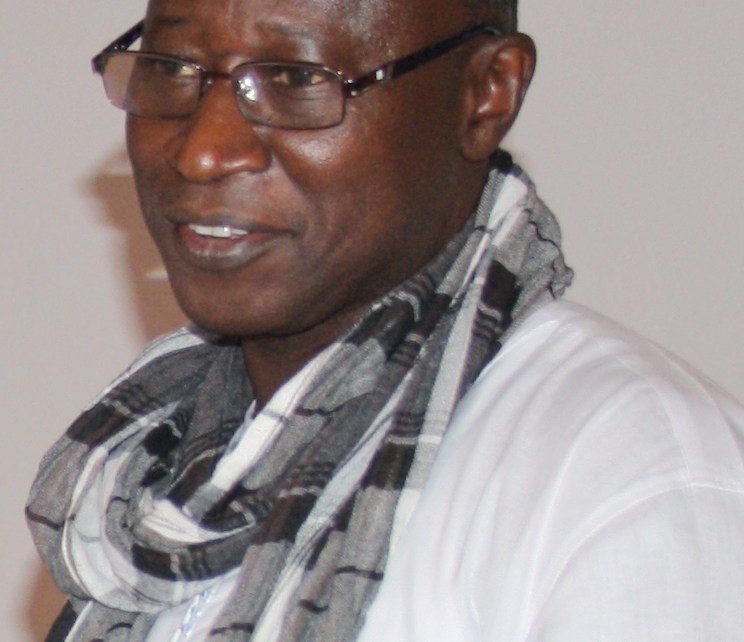By: Nyima Sillah
Lamin Fatty, National Coordinator of Child Protection Alliance (CPA) in the Gambia, has said no single case of child labor is being convicted.
In an exclusive interview with The Voice, Fatty said: “There is a penalty around it but because the laws are not enforced it could not even have a record, a statistic to tell you this is one or two occasions we have convicted someone around exposing children into any form of labor.”
He asserted a lack of understanding among stakeholders especially law enforcement agencies getting to understand the context of the legal framework on which it is supposed to be operating on. “I believe if you don’t have an understanding of the law, you cannot enforce the law.”
Fatty explained that some of these laws have a relationship with cultural and social setup, adding that it becomes an issue of a very sensitive element to the extent that one starts to think if they should prosecute a parent or guidance what would be the general perception of the public.
He went on “I think in all objective terms is the fact that for me we have the enforcement of the law but looking at the national context, this is country we have a greater part of people comes from the less privilege family and if you are there to only concentrate on prosecuting those people without providing the support, it means you are too subjective to the vulnerable families,”
He, therefore, suggested that the government should provide adequate investment in the well-being of these vulnerable people to the extent that they (the government) would able to say they have provided assistance to make sure that it does not happen and when it happens they can prosecute.
He further noted that Poverty is not reducing in this country and the moment people look at the factor of poverty increasing the more vulnerable and the more families have a limited capacity of improving financially.
“Government needs to invest to make sure that those vulnerable families can gather at least some empowerment to substitute the child being on the street,” Fatty said.




